Parents do the best they can for their kids and somehow generations of children grow into parents themselves, with each generation raising the next. It's no accident that you exist, hundreds of generations have led to your being here today. Eventually, as people mature, we develop codes of conduct. These codes become our core values and determine our behaviors. Our values govern what the individual deems as morally acceptable behavior. My atheist friends are some of the 'best' and most caring people that I have ever met. (Religion or upbringing does not guaranty 'good' moral character, ultimately it is a choice). Their moral code adheres them to behaviors that are in line with their beliefs such as honesty and a hard work ethic. People from all walks of life and different moral backgrounds can all come together in the knowledge that as human beings we are more alike than we are different. Poets and philosophers have written for years that our blood flows the same color and we experience pain and suffering the same. We are also capable of the same feelings of joy, love, and acceptance. Here's where things begin to get a bit tricky...
The concept of God has been around since (and even explains) the beginning of time. Almost every culture has a creation story with God in it. From a scientific perspective, all children are the offspring of two parents, and they from their own set of parents, all the way back to a common ancestor. Our ancient ancestors explained that the original creator of life was "God", a being of both masculine and feminine energy capable of generating all life within the universe which includes the stars, planets, plants, and animals. After all, we had to come from somewhere.
I think where people are turned off from the concept of a Divine God is when the human lens of personal politics is introduced. Human nature is finite and limited. We exist for nearly a century and we die. Our biological imperatives drive us to seek two main functions which are to survive and reproduce. Thousands of years ago in an attempt to bring order to early societies, states and religions were formed to govern and explain complex thoughts and ideas to the masses or tribes. In doing so, the nature of politics started to take over as individuals with power exercised their authority over others by using their human intellect to interpret divine guidance. The members of society that weren't in positions of power were subject to blind faith and were kept in line though taxation and obedience or faced consequences such as being shamed by the community or even criminal punishment. This is not divine teaching, this is human nature where power tends to corrupt.
The etymology or basic origins of the word "good" come from "God". Humans tend to define things in terms of their opposites. The opposite of light is dark, the opposite of good is evil, the opposite of truth is false, etc. In truth, God is infinite and thus cannot be completely defined. For our benefit as limited creatures we have thousands of names for Him as expressed by the Holy Om...
"But the time is coming and is already here, when by the power of God's Spirit people will worship the Father as he really is, offering him the true worship that he wants. God is Spirit, and only by the power of his Spirit can people worship him as he really is."
― John 4:23
The idea of surrendering oneself to such a complex concept as God is abhorrent to some, especially as interpreted through the corrupt lens of egotism. (Personally I think humility and gratitude have more to do with it). Both religious and state authorities are susceptible to human corruption which serves to extinguish hope in a loving God as they claim to be representatives of sovereignty. Corruption exists even within families with absentee or abusive parents which serves to discourage hope in the idea of a Heavenly Father. Many in this world are not given the blessing of loving, compassionate, and faithful parents so it's understandable why these individuals would simply give up hope, become indifferent, or even hate the concept of God (even with this blessing indifference is possible). As children we depend on our parents for survival and guidance. When our young faith is smashed by the realities of the world, it's as if a sapling were crushed before it had a chance to grow, flower, or bear fruit. Still the resiliency of the human spirit is astounding, and All things are possible. Faith can be stoked as a tiny ember and in time can grow into a wild and righteous flame.
Having moral character is not easy. I have heard critics say that God and religion offer a crutch to people who should otherwise be fully able to think for themselves and behave according to their own moral codes of conduct. I would agree with them in that human nature is lazy and tends to seek the path of least resistance and maximum reward. After witnessing the bigotry, abuse, and crimes that "the religious" perpetrate, it's hard to imagine remaining faithful to what they claim to represent. Most people have had their faith tested, and it is when they are most desperate that they turn to God for help. If that help doesn't readily appear their faith dwindles or turns to resentment. This is human nature. Again, we are finite creatures with limited perspective. We have a short term lease on life which makes it hard to see the ripple effect we have on the cosmic fabric of the message we interpret and rebroadcast as players of the immortal "telephone game".
"He is the Spirit, who reveals the truth about God. The world cannot receive him, because it cannot see him or know him. But you know him, because he remains with you and is in you."
― John 14:17

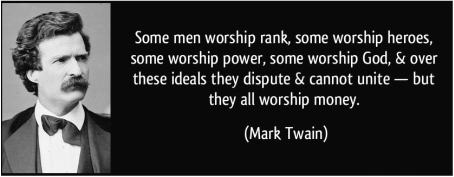

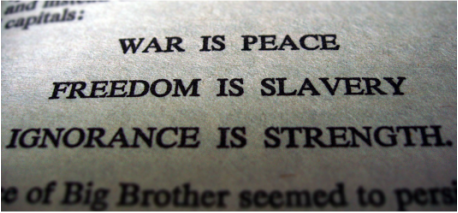

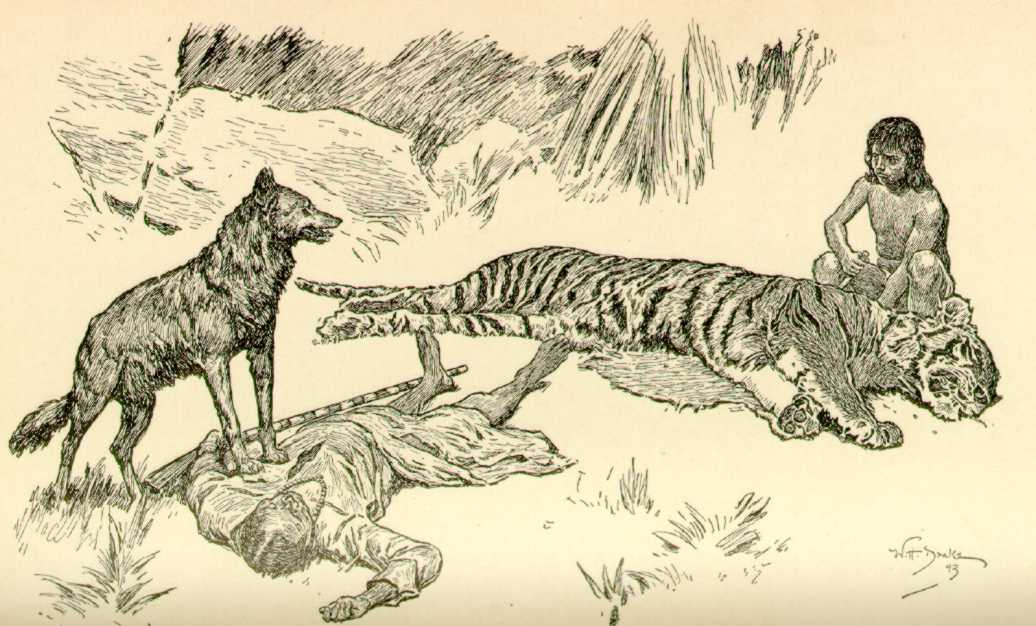
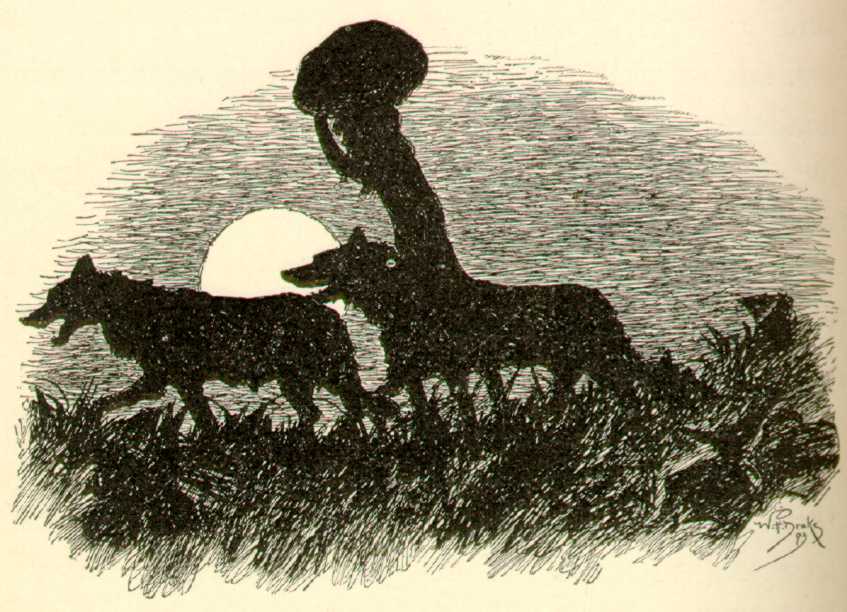
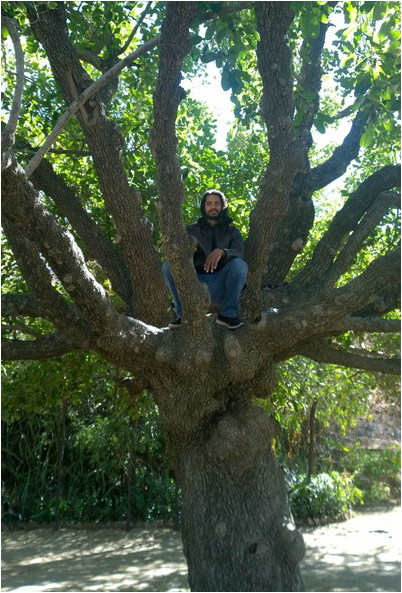
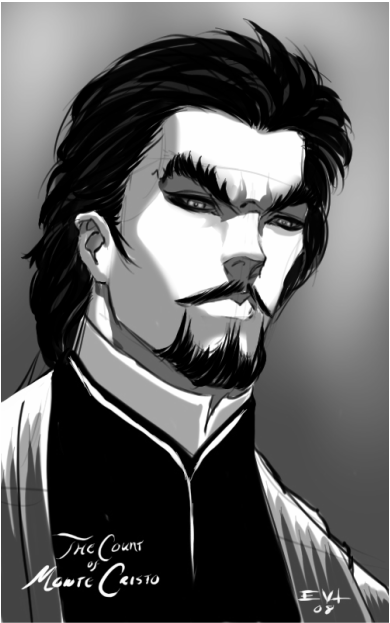
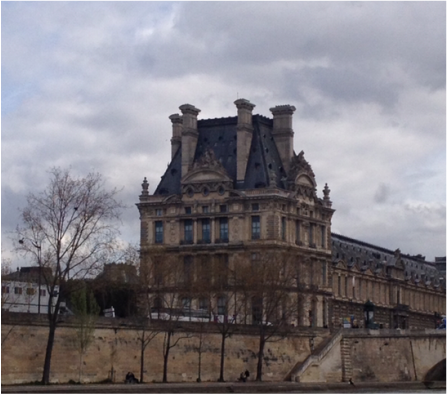
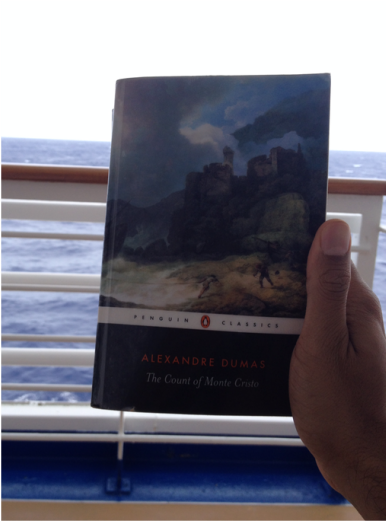
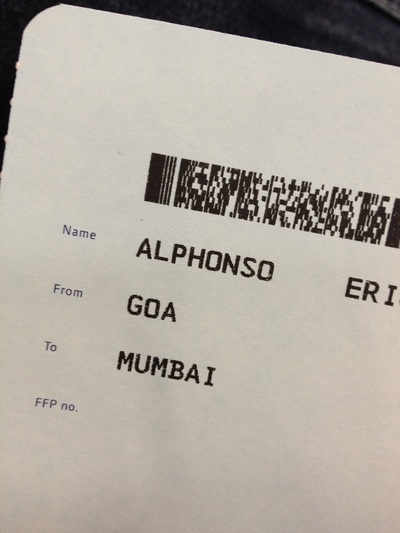
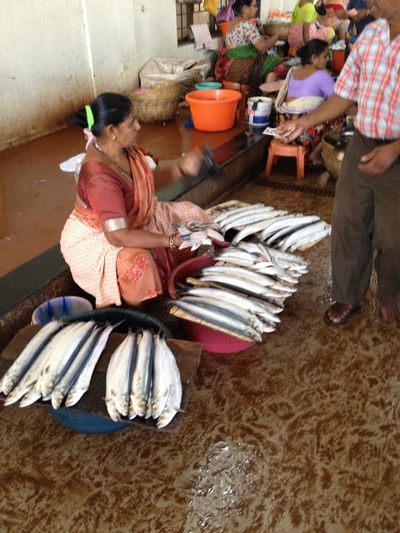
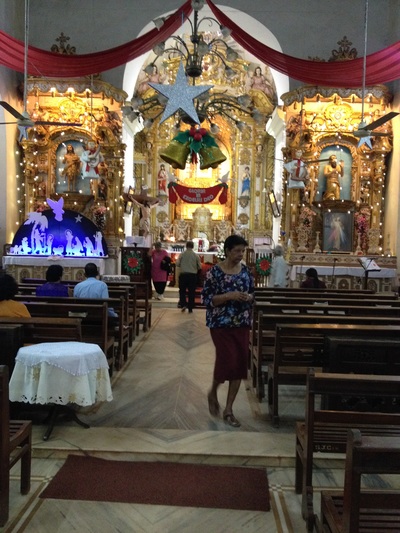
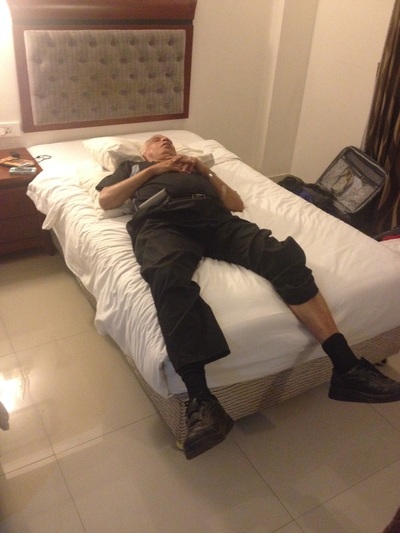
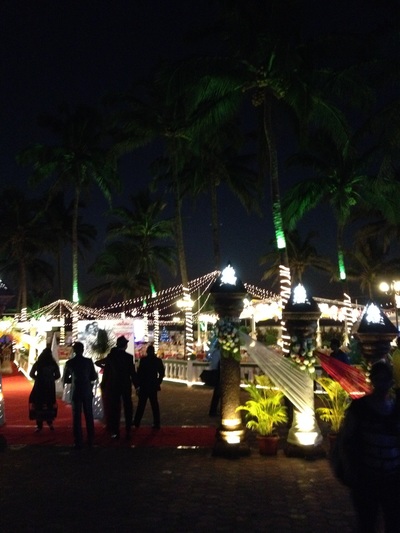
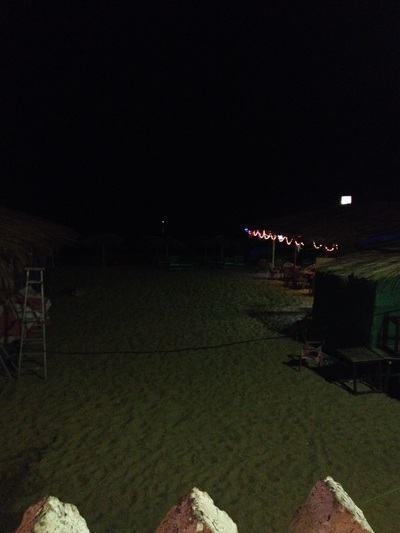
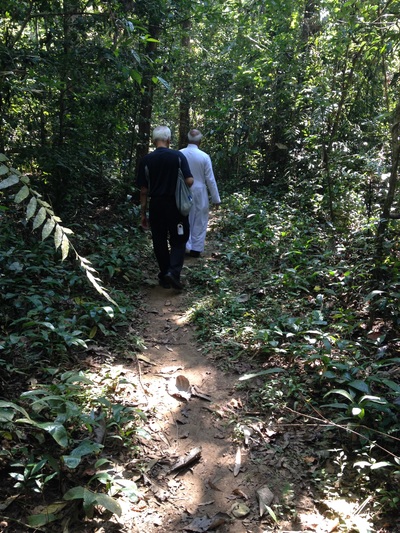
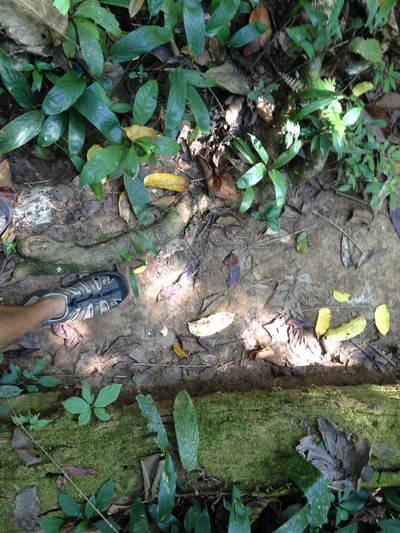
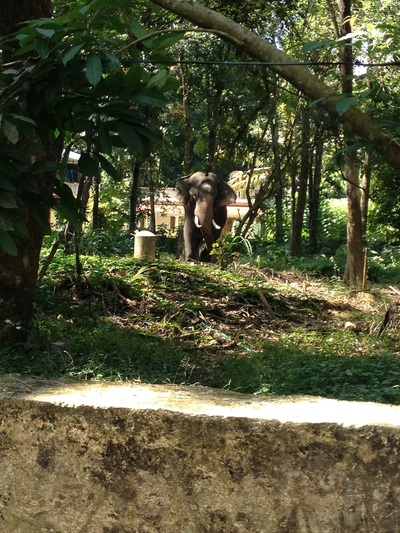
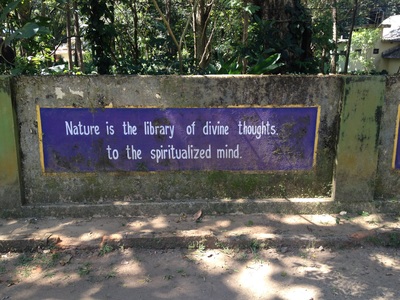
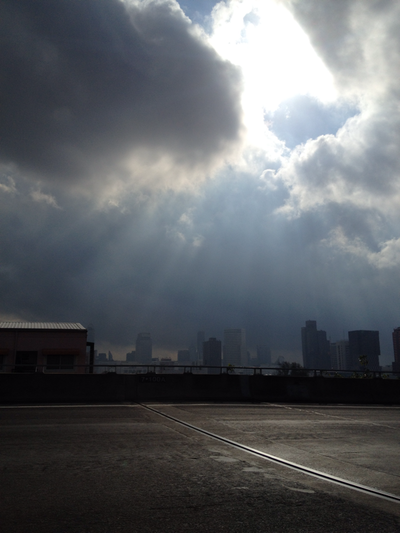
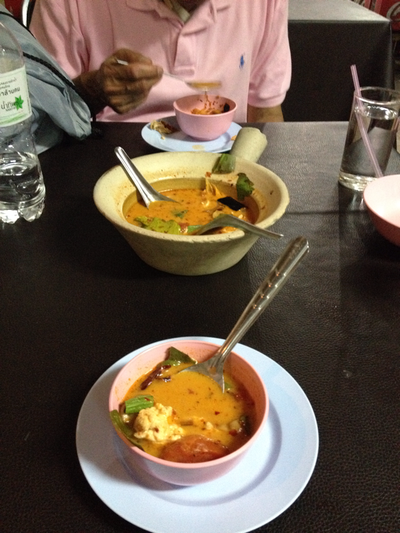
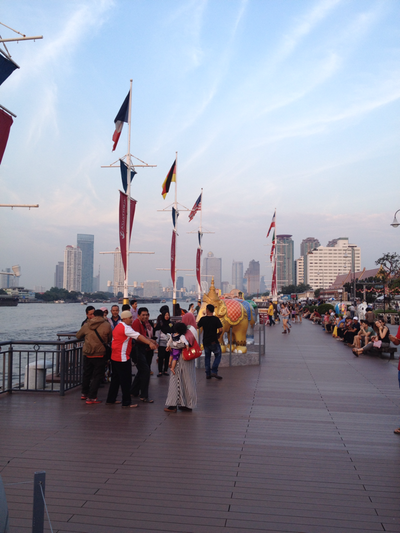
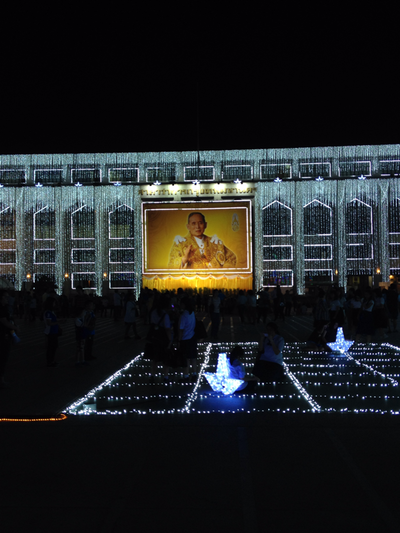
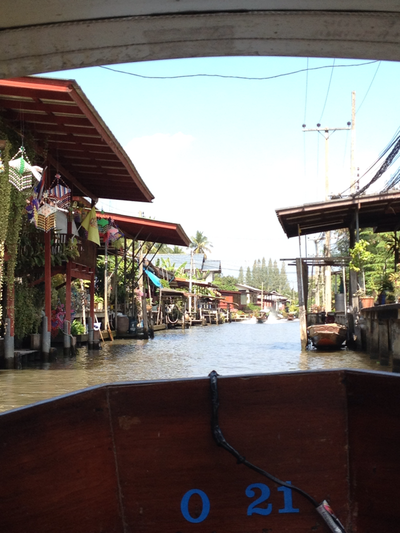
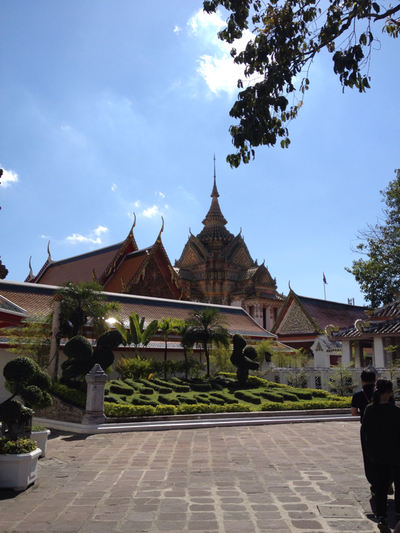
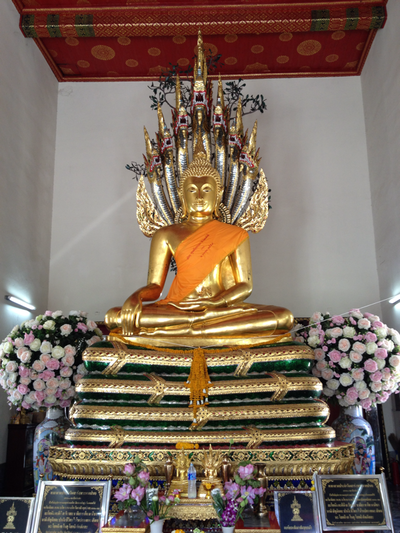
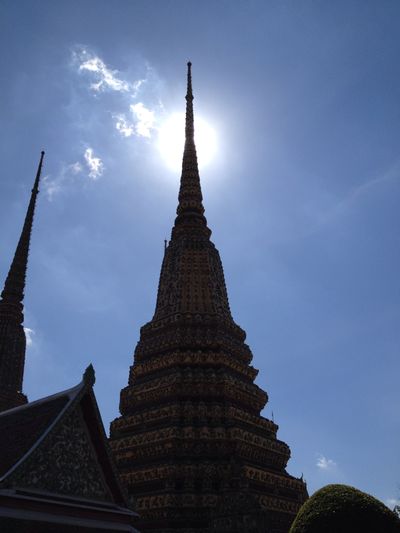
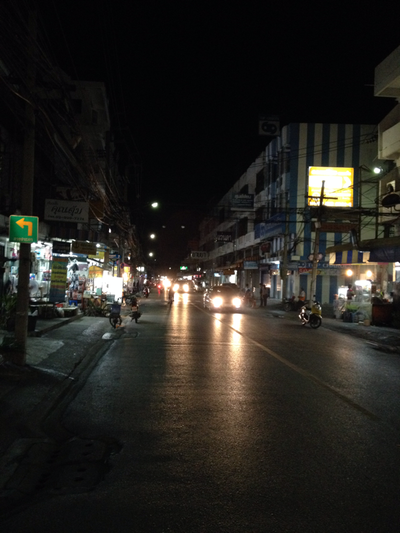
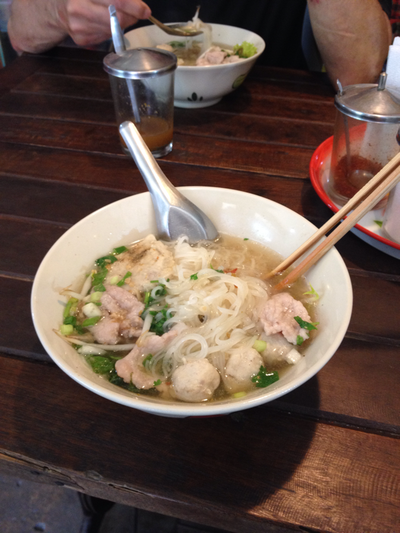
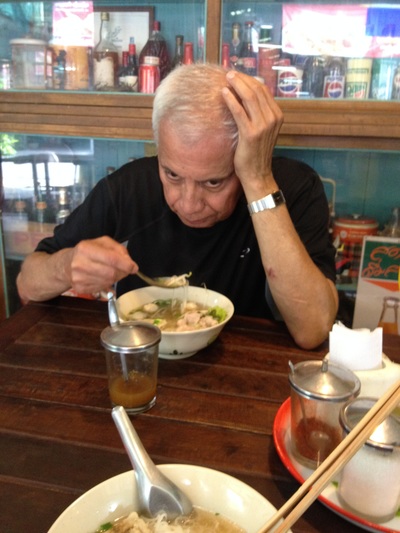
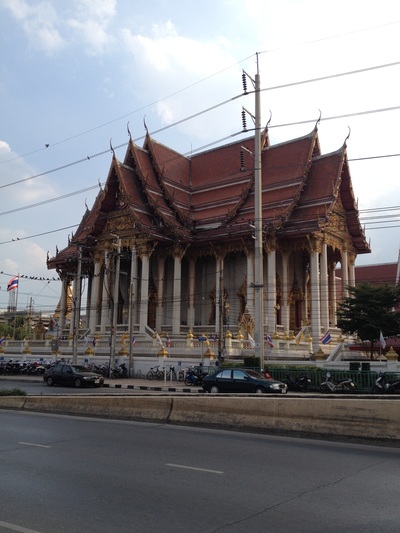
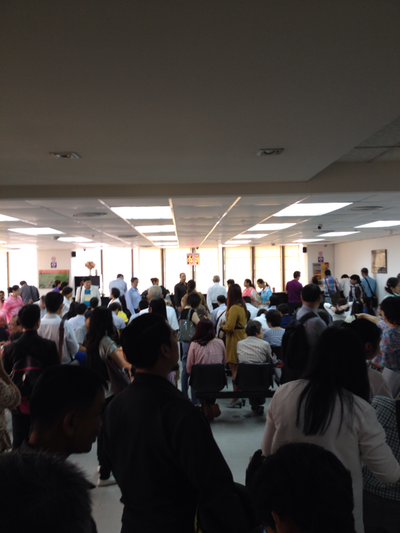
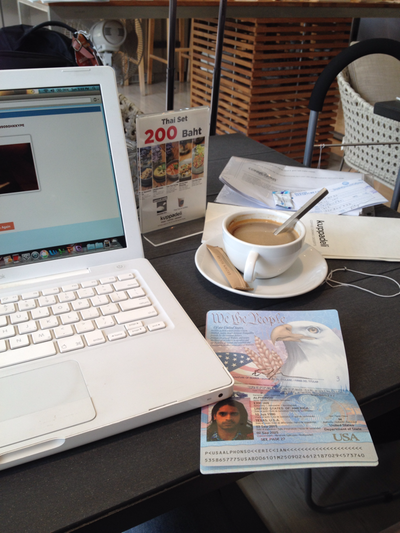
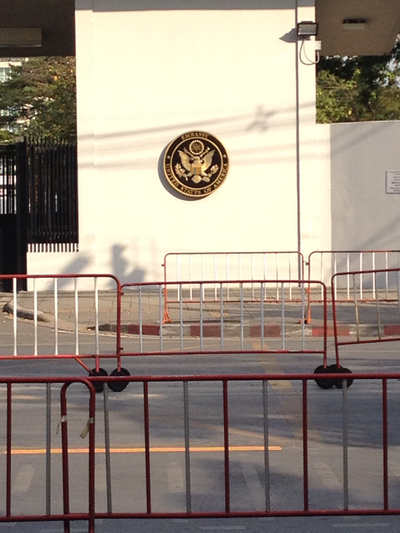
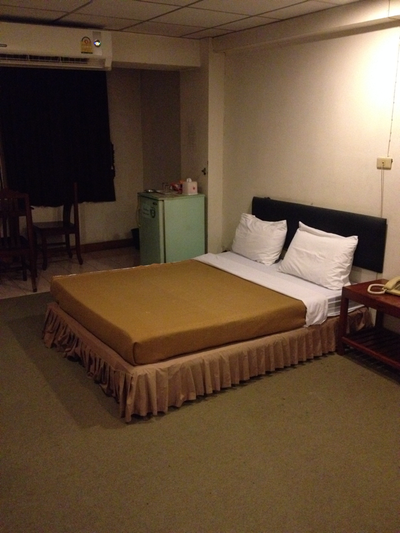
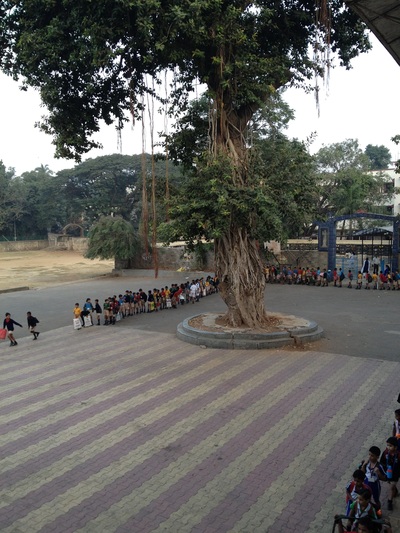
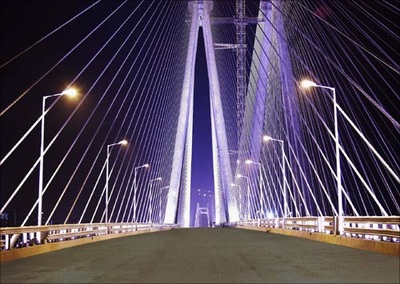
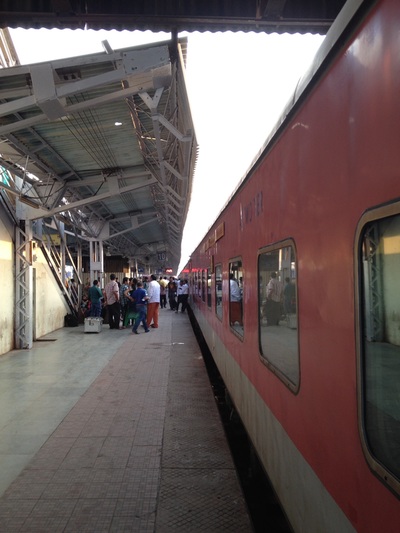
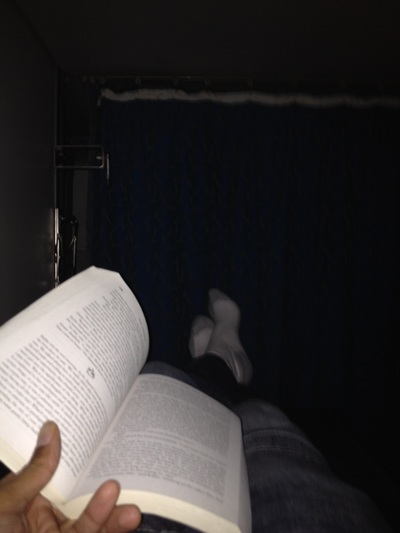
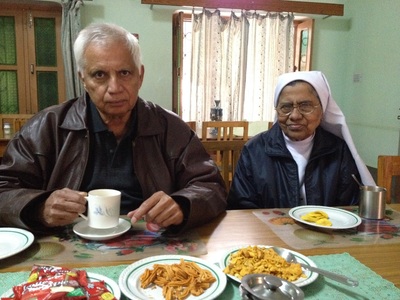

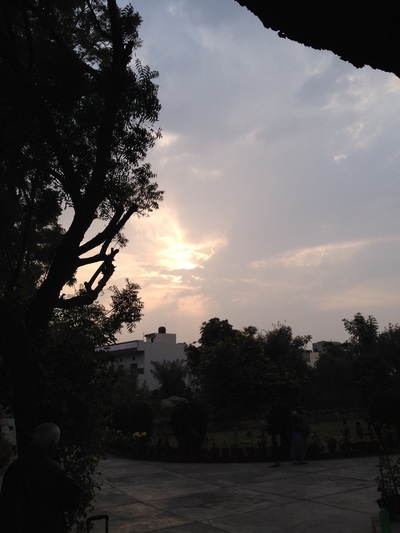
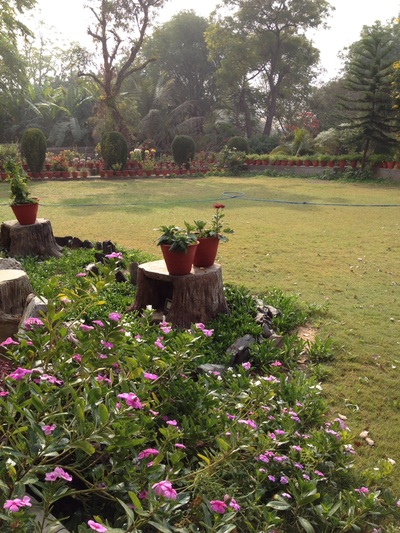
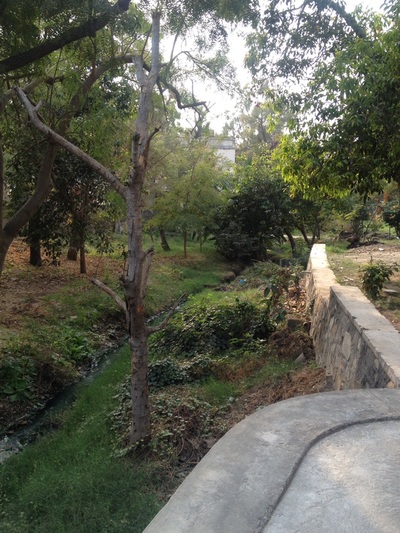
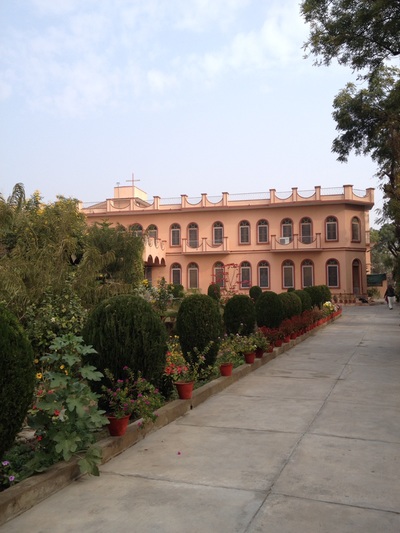
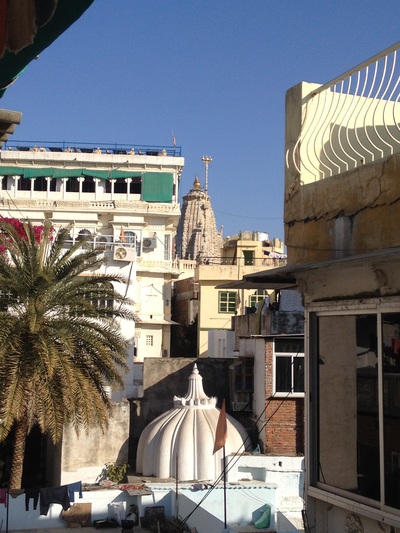
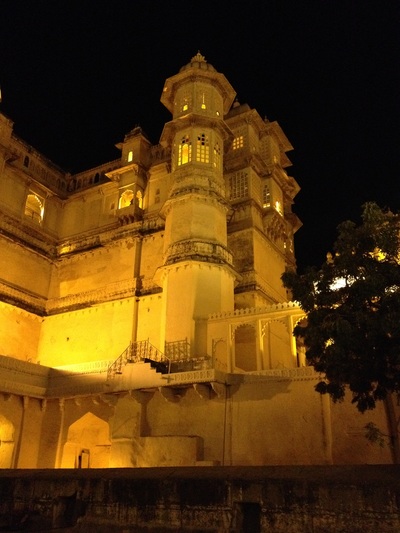
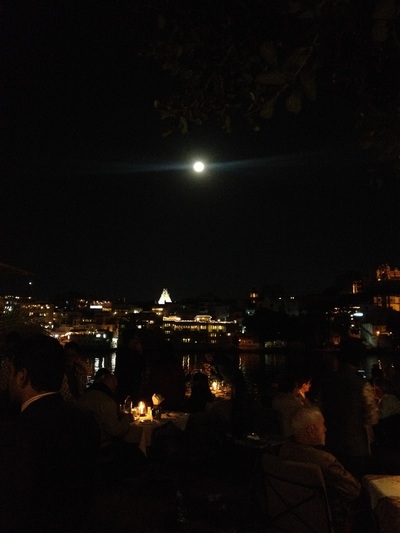
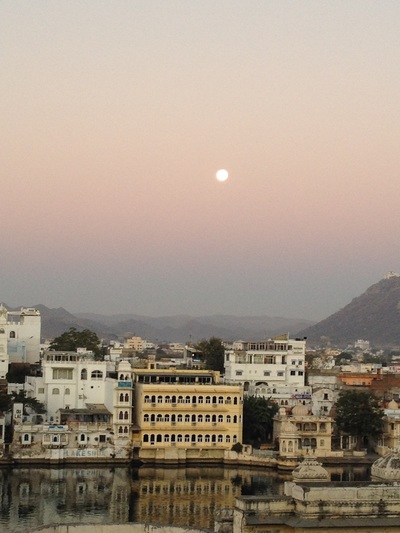
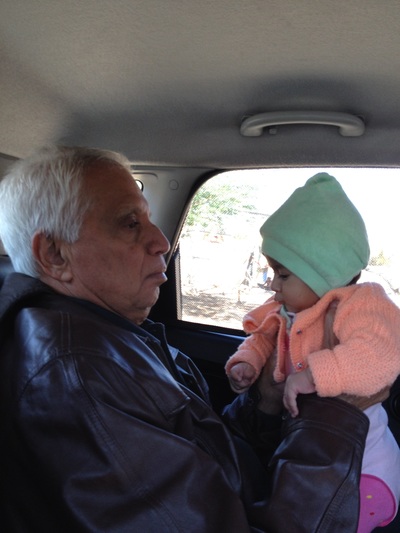
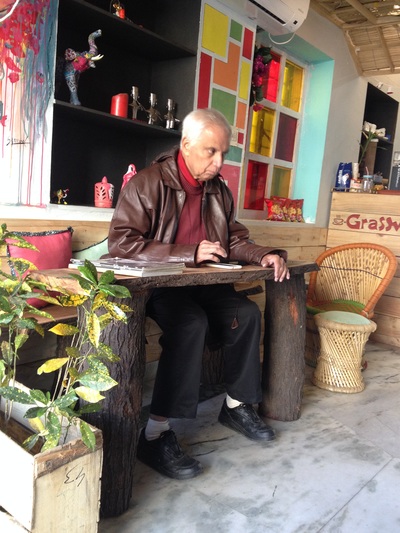
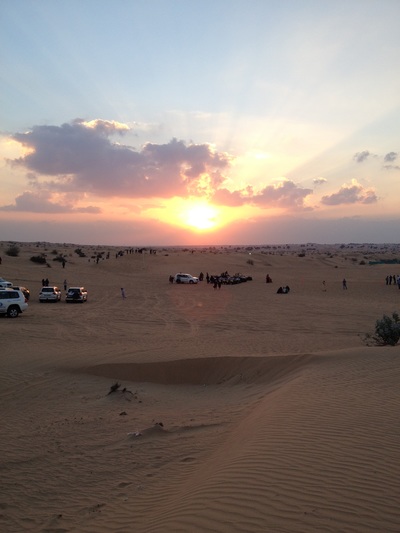

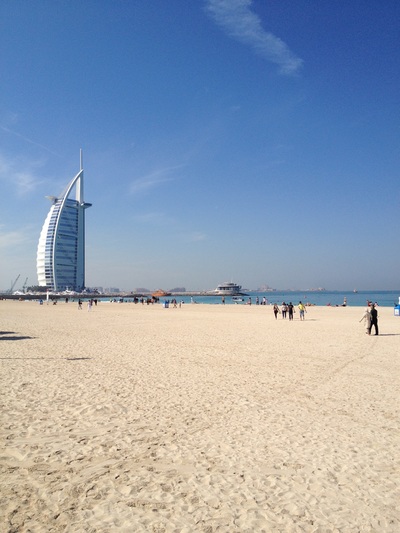
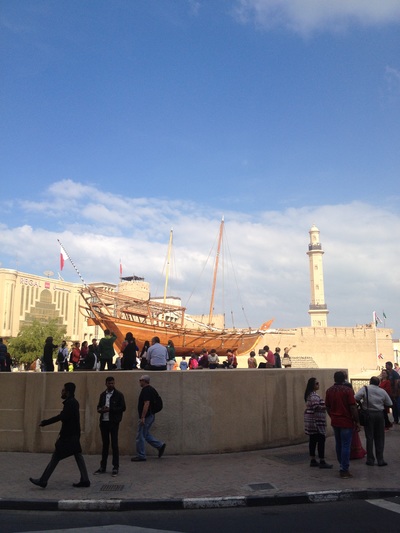
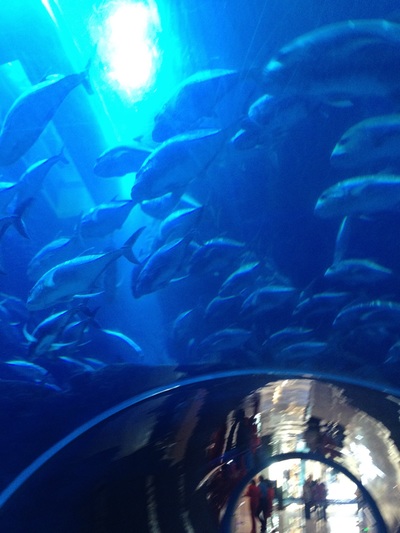
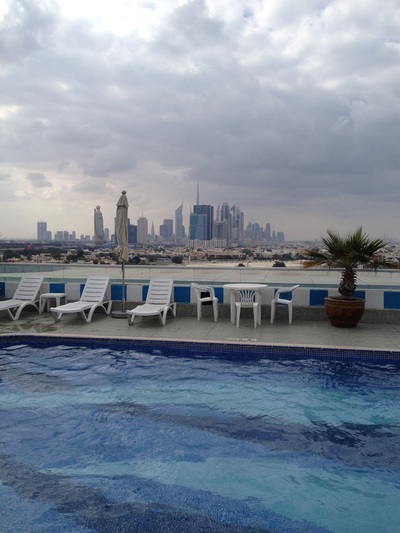
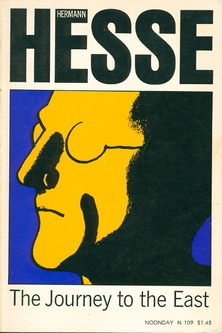
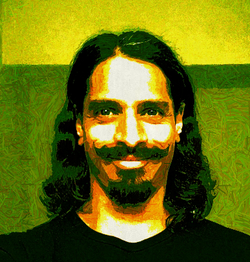
 RSS Feed
RSS Feed
